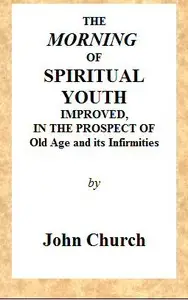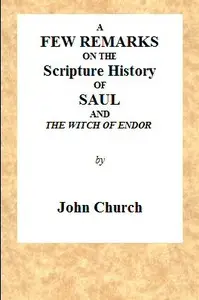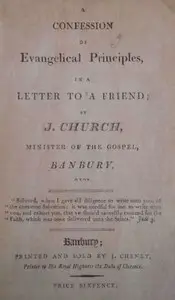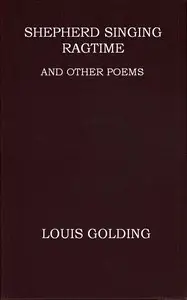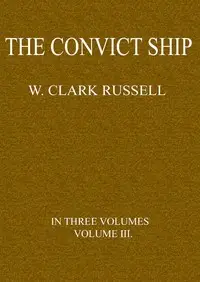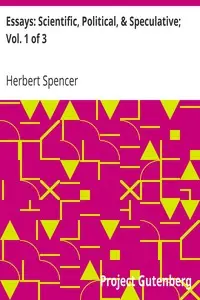"The Speedy Appearance of Christ Desired by the Church" by J. Church is a sermon that was transcribed from the 1815 R. Thomas edition, likely written in the early 19th century. This religious publication focuses on the deep-seated yearning of believers for the return of Jesus Christ, intertwining scriptural references and expressions of faith with reflections on communion between Christ and His Church. The sermon addresses themes of love, hope, and the longing for divine presence, specifically highlighting the anticipation of Christ's glorious second coming. In this sermon, J. Church eloquently articulates the relationship between Christ and His Church, emphasizing the theological concept of union through metaphors such as the vine and branches, and husband and wife. The content reflects a blend of personal experiences, theological insights, and biblical exegesis, culminating in an emotional narrative about a departed friend whose life exemplified faith. Throughout the text, Church expresses a fervent desire for Christ's return as a source of hope and joy, concluding with the comforting thought of eternal life and communion with Jesus after death, illustrated poignantly through the final moments of the friend's passing. (This is an automatically generated summary.)
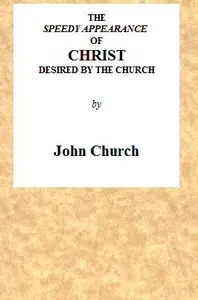
The Speedy Appearance of Christ Desired by the Church Being the Substance of a Sermon, Preached on the Death of a Friend, August 27, 1815
By J. (John) Church
"The Speedy Appearance of Christ Desired by the Church" by J. Church is a sermon that was transcribed from the 1815 R. Thomas edition, likely written ...
Genres
Released
2018-10-03
Formats
epub
mobi
mobi (images)
epub (images)
epub3 (images)
Free Download
Overview
About the Author
John Church was an Independent minister who was most famous for his involvement in the homosexual scandal of the Vere Street Coterie. He is claimed by some as the first openly ‘gay’ ordained Christian minister in England. Contemporary rumours about this are unproveable one way or the other, though circumstantial evidence may suggest that his "inordinate affections which led me into error" could be referring to homosexuality.
Total Reviews
10.0k
Total reviews from Goodreads may change

